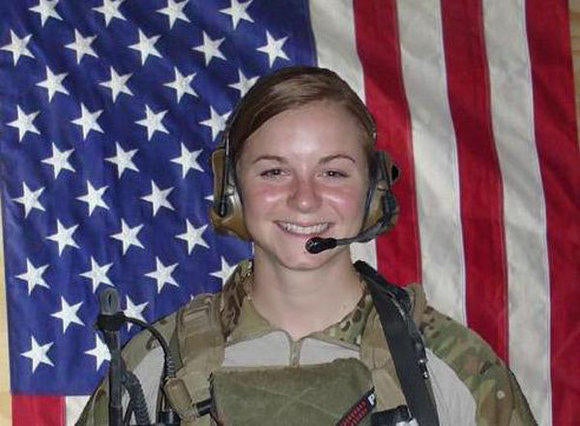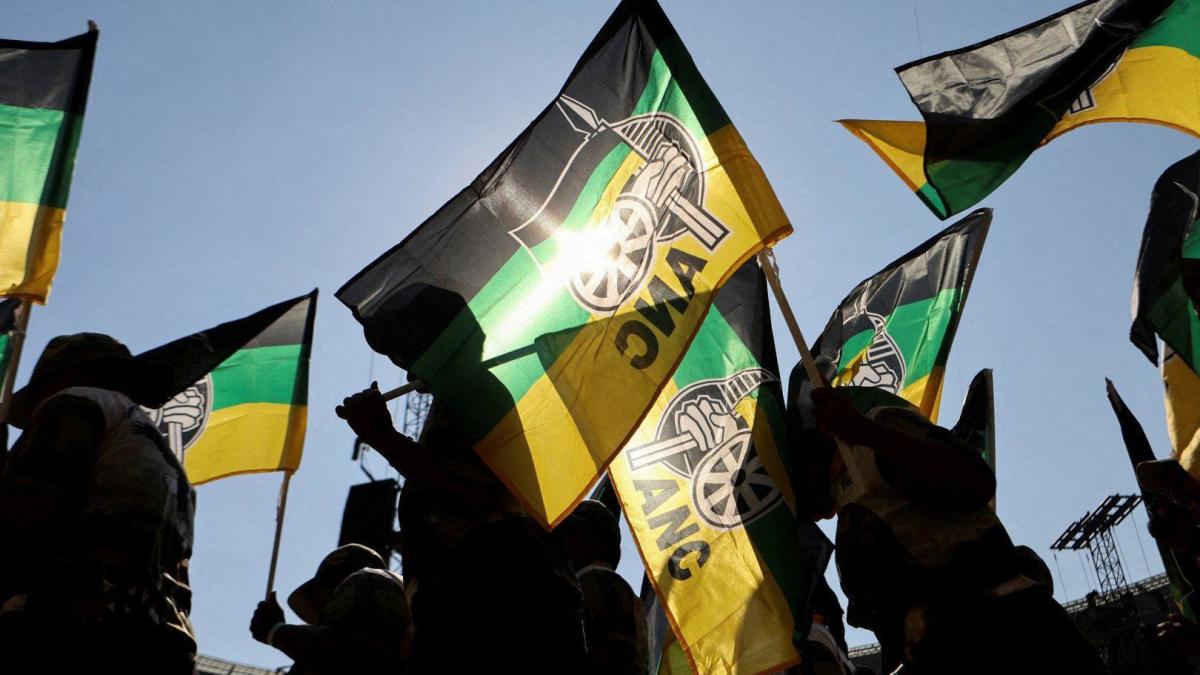Ashley White received her first combat action badge from the U.S. Army shortly after the first lieutenant arrived in Afghanistan. The Silver Military Award, which recognizes soldiers who have been personally attacked by an attacker during a conflict, was considered an achievement in itself and an affirming rite of passage for the new residents. White deserved it for using her own body to protect a group of civilian women and children from gunfire that broke out during her third mission in Kandahar province. They all survived. She never mentioned the badge to anyone in her battalion.
“My daughter was very, very humble,” Ashley’s mother, Deborah White, said ahead of Memorial Day this year. “She would be shocked by all the accolades she has received since her death.”
Ashley White died on October 22, 2011, about three months into her tour of Afghanistan, when a soldier on the Special Operations task force she was serving alongside accidentally set off an improvised explosive device, killing her and two other people. She was 24. After her death, White was posthumously awarded a long list of some of the military’s highest honors, including the Bronze Star, the Purple Heart and the Meritorious Service Medal.
White was one of several dozen women recruited from hundreds of applicants to join Special Operations forces on the front lines of the U.S. war in Afghanistan, at a time when female soldiers were still excluded from combat roles. Born and raised in northeastern Ohio, White joined the Reserve Officers’ Training Corps program during her second semester at Kent State University, where she studied sports medicine.
“I think she liked the camaraderie and the closeness within the group,” Deborah White said. ROTC is a leadership training program to prepare students for various roles in the armed forces, and requires them to complete military service upon graduation. Ashley White joined as a Medical Services Corps Officer and served for several years in the U.S. National Guard in Greensboro, North Carolina.
But in 2011, the Army assigned women to Cultural Support Teams, the cornerstones of an initiative to communicate with Afghan women, whose customs often prevented them from interacting with U.S. soldiers as long as the soldiers were men. Women in cultural support teams were explicitly tasked with facilitating interactions with civilian women and children. A flyer promoting the positions asked female soldiers to “become part of history” alongside the male-dominated Special Ops. White applied to the program and accepted a spot. She completed additional training and was deployed in August.
White’s service in Afghanistan likely contributed to the Army’s decision to officially lift the ban in 2013 — a turning point that recognized the work many female soldiers had been doing for decades and opened the door to career opportunities previously reserved for men.
Gayle Tzemach Lemmon, author of the 2015 book “Ashley’s War” about White and the women who served with her, noted in a conversation with the Council of Foreign Relations after the book’s publication that she and her teammates “maybe, honestly the foundation for ultimate integration.” With her death, White’s mother said that “she has broken the glass ceiling.”
Lemmon’s chronicle of the women who quietly drove part of the war effort, without any promise of fame, put White at the center of it all and brought her story to the attention of the mainstream. “Ashley’s War” became a New York Times bestseller.
Those who knew her felt inspired by White’s record of achievement, but they have told Lemmon – and White’s mother – that it was the way White carried herself personally, with kindness and strength, that made her special.
“Ashley was the heart of this truly all-star team of soldiers who came together to answer this call to serve and who actually couldn’t raise their hands fast enough to be there,” Lemmon said during that 2015 conversation “I think what people remember so well about her is that she never talked to you about what she could do… she let her actions speak for themselves. And I think she showed the power of character in action. She never had to tell you how good she was, and in fact she never would.”
White’s legacy is far-reaching. As Deborah White said, “it’s everywhere.”
She was one of a handful of women honored for acts of special courage in an exhibit at the National Museum of the U.S. Army in Virginia, multiple housing complexes for women veterans in two states bear her name, and two students graduated from her high school in Marlboro Township school receives $1,500 scholarships each year through a foundation established by White’s family in her memory.
People across the country, inside and outside the military, have hailed White as a hero, an exemplary soldier and a pioneer who paved the way for the next generation of women to rise through the ranks with fewer restrictions than ever before. for.
When asked where White’s courage came from, especially at such a young age, Deborah White gave her daughter most of the credit.
“I mean, all my kids are driven. Maybe we raised them right,” she said. ‘Don’t know. She blew me away.”








